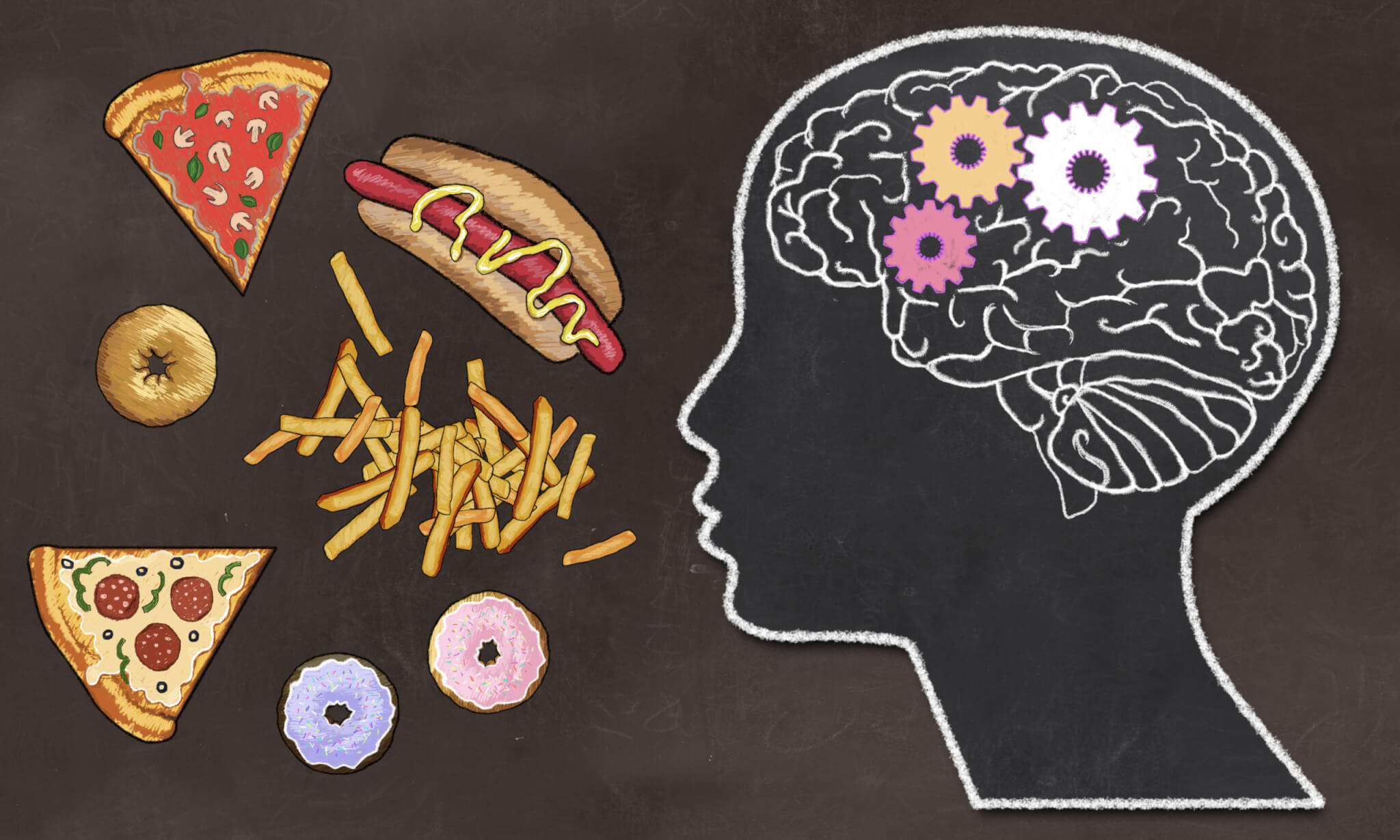ANN ARBOR, Mich. — People will try almost anything to lose weight, from different diets to obesity drugs and supplements. While many people understand that not overeating is helpful for preventing weight gain, it also for promotes healthy aging. Now, researchers from the University of Michigan have found that just feeling hungry could promote healthy aging.
Previously, research has shown that even just the taste and smell of food can reverse the benefits of restricting one’s diet, even if you don’t actually eat the food. This is what inspired first author Kristy Weaver, Ph.D., principal investigator Scott Pletcher, Ph.D., and their colleagues to examine whether the brain activity which triggers the drive to seek out food could be the key to a longer life.
“We’ve sort of divorced [the life extending effects of diet restriction] from all of the nutritional manipulations of the diet that researchers had worked on for many years to say they’re not required,” says Pletcher in a university release. “The perception of not enough food is sufficient.”
The team induced hunger in flies in different ways. First, they altered the amount of branched-chain amino acids (BCAAs) in a test snack food and then allowed the flies to freely feed on a buffet of yeast or sugar food items. Those eating the low-BCAA snack ate more yeast than sugar than those consuming the high-BCAA one. Further, flies that ate a low-BCAA diet over their lifetime lived longer than those who ate a high-BCAA diet. The researchers pointed out that the fly behavior wasn’t due to the calorie content of the low-BCAA snack. These flies actually ate more food and total calories in comparison.

They then used a unique technique called optogenetics to investigate hunger separately from dietary composition by activating neurons associated with hunger, using exposure to red light. Those exposed to the light ate twice the amount of food and lived significantly longer than as the ones who weren’t.
“We think we’ve created a type of insatiable hunger in flies,” explains Weaver. “And by doing so, the flies lived longer.”
Since scientists conducted this study with flies, the authors agree that the work can’t be immediately translated to humans, but that “there’s every reason to expect that the mechanisms discovered are likely to modulate hunger drives in other species.”
They now look ahead to examining how the hunger drive to eat for pleasure, something that both flies and humans have in common, might be related to lifespan.
The findings are published in the journal Science.
You might also be interested in:
- Stay positive! Optimistic thoughts about aging keep memory skills sharp
- Big doses of omega-3 supplements can fight off inflammation and slow aging
- Less than 2 servings of almonds can keep hunger at bay, cuts down on overeating

